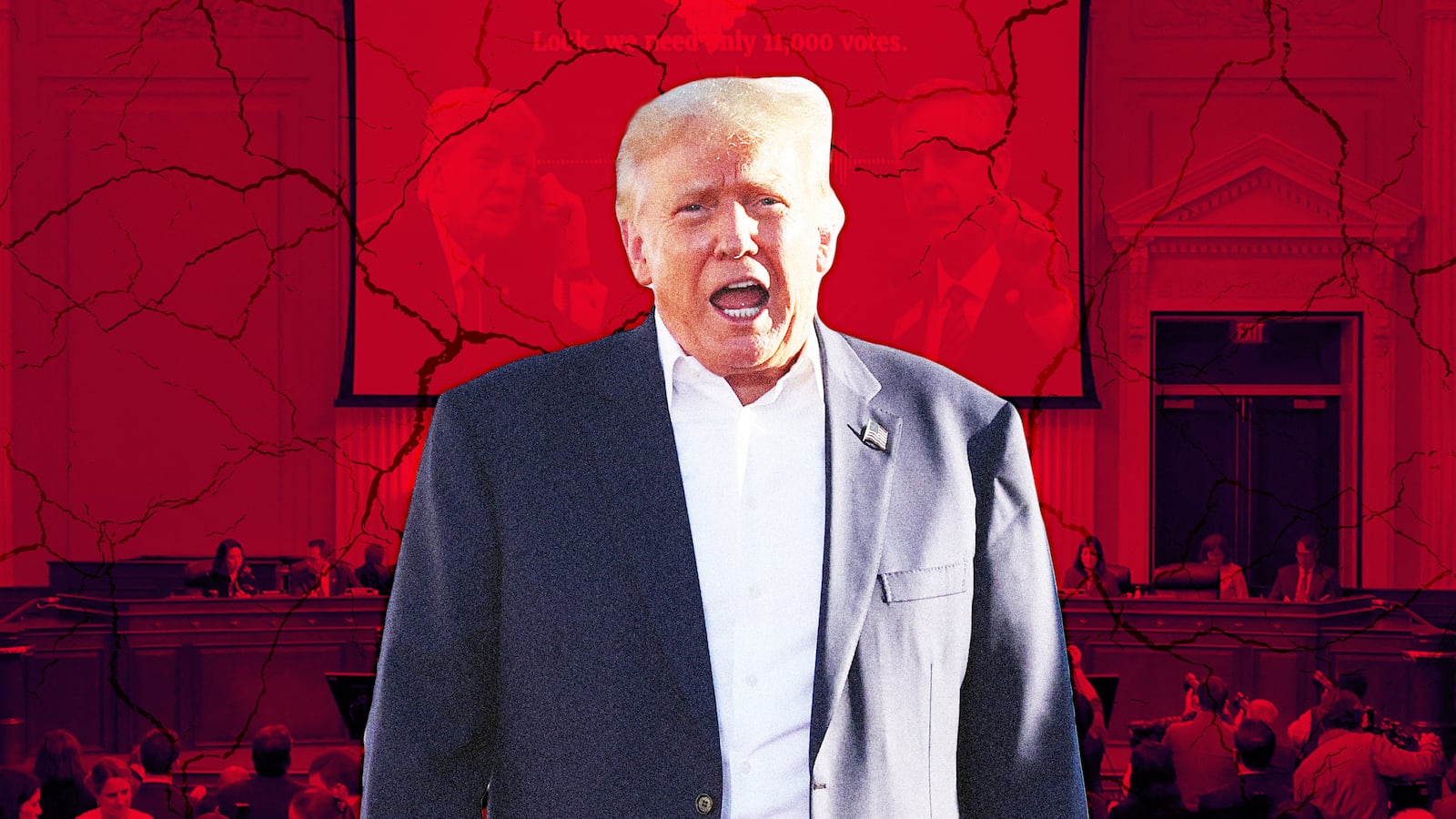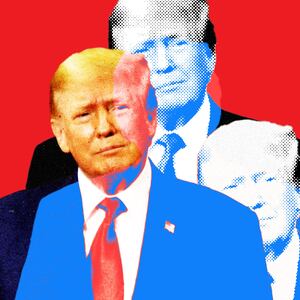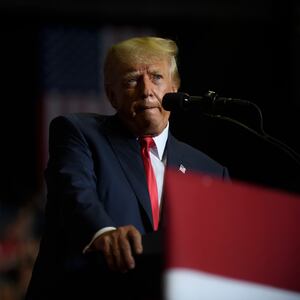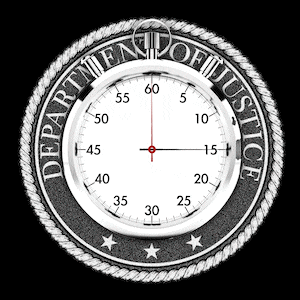The Jan. 6 Committee’s issuing a subpoena to former President Donald Trump makes clear that our country is not on the brink of a Constitutional crisis—it’s already in a Constitutional crisis.
The definition of just what is a Constitutional crisis may be debated, but in plain English it’s where the structure of our Constitution is stressed or broken.
President Andrew Jackson’s retort to the Supreme Court recognizing Native Americans represented independent nations, and could not be removed from their tribal lands, is one example. Jackson said about Justice Marshall's ruling, “John Marshall has made his decision; now let him enforce it.”
A more modern commentator, Justice John Paul Stevens, said that “if no other branch checks [Trump’s] defiance, that, indeed, will be a Constitutional crisis.”
That’s what is happening now. No other branch is checking the blatant defiance of Trump and his allies to the rules of law.
The Jan. 6 Committee’s final hearing ended with a bang by issuing a subpoena to former President Trump, but before that dramatic finale the committee also summed up the results of its extraordinary investigation—giving troves of evidence about the former president’s intent and that of his inner circle, and laid out a primer for Attorney General Merrick Garland’s Justice Department to seek criminal charges against Trump and others.
That evidence included the 61 cases where courts have rejected Trump’s bogus claims of election fraud, the concerns that some of Trump’s advisors had about his actions (but kept to themselves until interviewed by the Jan. 6 Committee), and the extensive planning ahead of the election results to violently stop the peaceful transfer of power.
Some might say that Congress is checking Trump’s defiance now through these hearings, or that today’s ruling by the Supreme Court declining to interfere with the search warrant case at Trump’s Mar-a-Lago residence is evidence that our system is working. But that would be wrong.
For example, the Jan. 6 Committee just screened previously unseen footage of Senate Majority Leader Chuck Schumer entreating in a phone call on Jan. 6 to Acting Attorney General Jeff Rosen that he must do something—like call the president and have him call off the mob—in his capacity as top law enforcement officer. The system may have held—barely—on Jan. 6. But it plainly wasn’t “working.”
The system might be operating, but it’s not actually checking the efforts that Trump and his enablers—which include current members of Congress, as well as many federal, state, and local candidates who all join him in denying the legitimacy of the election—are making to undermine the rule of law.
In the nearly two years since the Jan. 6 insurrection, Trump and his supporters have sought to install election deniers in state election positions where they can interfere with future election results. The Supreme Court has continued to refuse to even adopt their own judicial code of ethics—even as their public confidence sinks to an all-time low. The Justice Department has not charged any present or former government officials or members of Congress in relation to Jan. 6 and the Big Lie about the 2020 election. And, of course, DOJ has not charged Trump himself. This last point is most telling.
The burden of saving our country rests upon AG Garland and DOJ. As Andrew Jackson said in his rebuff to Chief Justice Marshall—it’s the enforcement that matters.
It is DOJ and Merrick Garland that are tasked with enforcement of the laws and, thus far, their tardiness has helped inflame a crisis, because any potential prosecutions will come too late to have leveled the playing field before the midterm elections.
Once Trump declares his 2024 candidacy—as he almost certainly will—the crisis will be even worse. And if AG Garland decides to indict Trump, the backlash will be overwhelming.
The Jan 6. Committee’s subpoena issued to Trump will, of course, be litigated by Trump—and the chances of him ever testifying are dim and distant. But the inevitable uproar will provide ammunition to Trump and his supporters as they continue to seek the imposition of his authoritarian vision of government upon our democracy.
We narrowly averted that imposition on Jan. 6. We haven’t averted the crisis it caused.
The crisis has worsened, but criminal prosecutions can help solve it. AG Garland and DOJ may be cautious about DOJ traditions as the so-called “60-Day Rule”—which seeks to avoid any actions by DOJ too close to an election. They are also no doubt concerned about DOJ looking too political.
But these are misplaced concerns.
The time to act has not passed but it is getting late. Being concerned about looking political is being political. The Jan. 6 Committee has done its job. Now DOJ needs to do its job before it’s too late to solve this Constitutional crisis.









